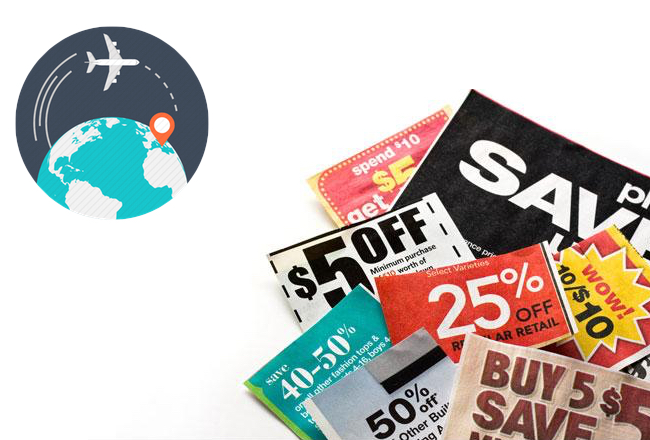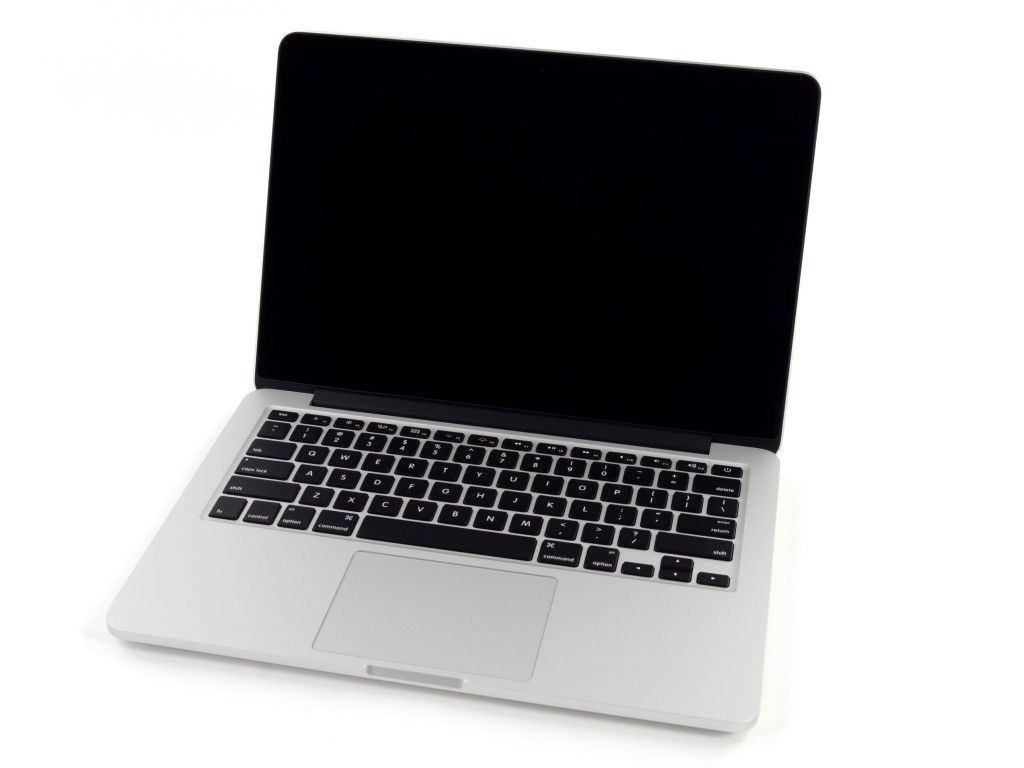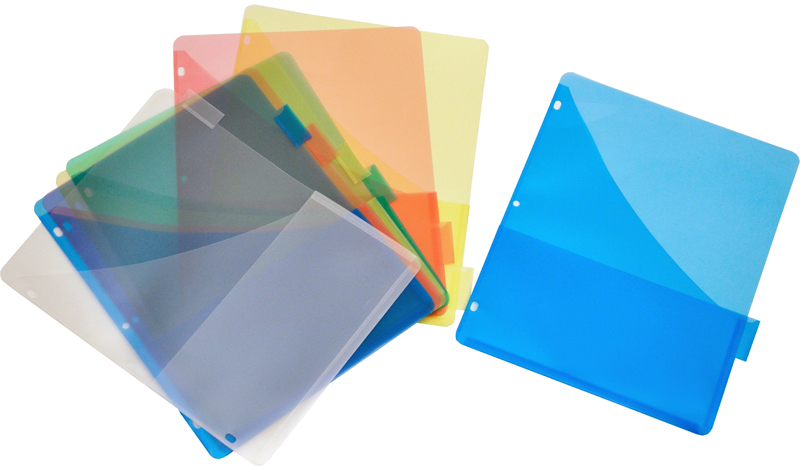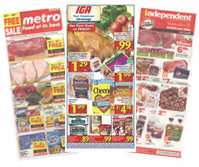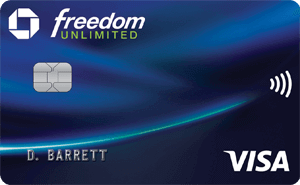It's no big secret: the hours we kill on Facebook, YouTube and the general Internet wasteland could be swapped for something better. In fact, that time could be put towards cutting costs on something you pay for each month: groceries.
Long ago, some thrifty folk caught onto this. They began scoping out coupons from every crevice, congruently using them with other discounts, hauling grocery deals by the cartload. That hobby, now known as extreme couponing, can save you thousands. I don't know about you, but that's serious savings for a flight somewhere exotic. Today, I'm going to show you how to do it!
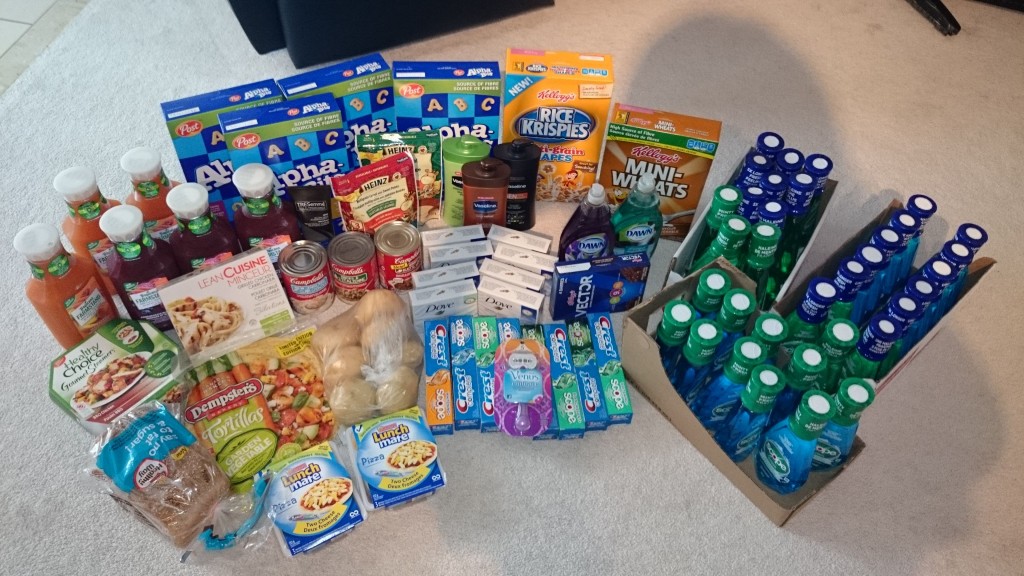
I've interviewed two of my friends turned coupon connosseiurs, Alicia and Erin, and unravelled their hacks for aspiring couponers. So, you ready to save? Here's how to become an extreme couponer and grow your travel funds!
Couponing: What You Need
- A printer for printing online coupons (or just use a cash back app on your phone like Ibotta and Checkout51)
- A laptop or computer
- A plastic binder with dividers/labels
- Store flyers
- A local newspaper (and/or any other mail subscriptions with coupons)
How to Start Couponing for Beginners
1. Set aside time.

Commit a time-slot to coupon and cut the distractions. Like many things in life, couponing doesn't take that long when it has your full concentration. My fellow wanderluster, Alicia, allots ~1-2 hours per week and saves about $25-$50 weekly, which, as she thriftily puts it, “equivocates to making $25-50 an hour!”.
2. Find coupons.
Determine where your local coupons can be found. Depending where you live, coupons pop up in five main places:
Store coupon walls/bulletin boards- Local newspapers
- Store flyers
- Coupon apps (Ibotta and Checkout51 are our favorites)
- Coupon websites (e.g. CouponSurfer)
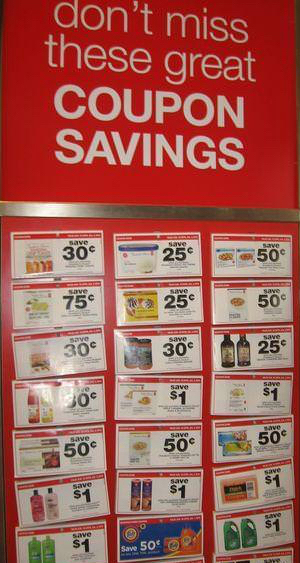
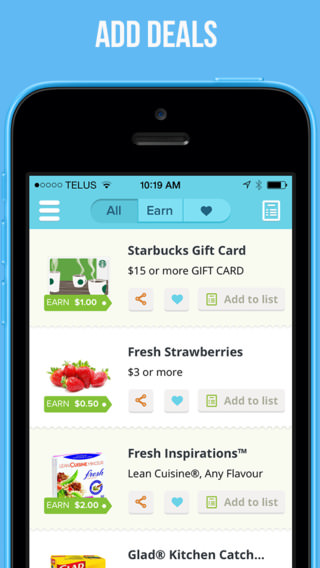
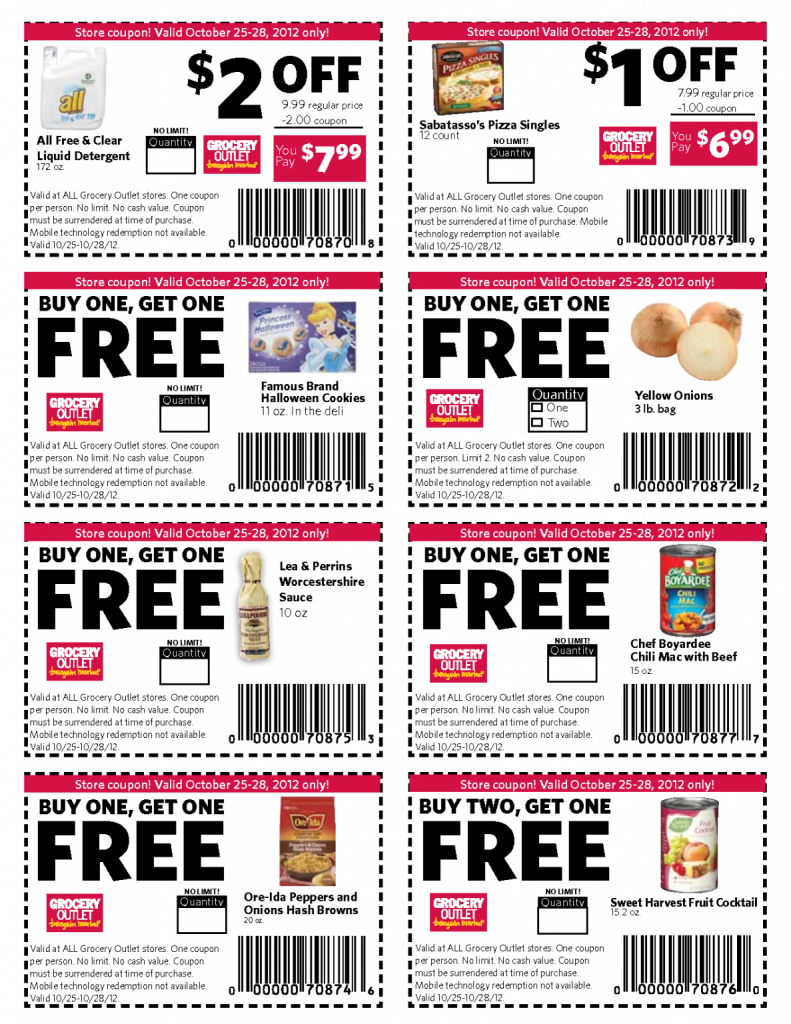
To ensure you've covered your bases, follow these steps:
- Sign up for your local newspaper.
- Check your store bulletin board for coupons before your shopping (typically at the store entrance).
- Download coupon apps if you're app-savvy (Erin recommends Ibotta, Checkout 51 and CartSmart).
- Join local coupon groups on Facebook to keep in the coupon know-how where you live.
- Use coupon websites, which are categorized by country below.
AUSTRALIA
- Cashrewards ($5 sign-up bonus! Automatic in-store cashback linked to your credit/debit card.)
- OzBargain
- Couponic
CANADA
- Checkout 51 ($5 sign-up bonus! Get cash back after shopping with your receipts!)
- coupons.com
- save.ca
- pgeveryday.ca
- websaver.ca
- smartsource.ca
- brandsaver.ca
- gocoupons.ca
UNITED STATES
- Ibotta (Up to $20 sign-up bonus! Get cash back on purchases both in-store and online)
- Checkout 51 ($5 sign-up bonus! Get cash back after shopping with your receipts!)
- Fetch Rewards (get cash back after shopping with your receipts!)
- Drop (Automatically earn points for store credit just by linking your credit or debit card)
- CouponSurfer
- coupons.com
- Groupon Coupons
- Grocery Coupon Network
- Valpak
- Savings.com
Consider cashback
Coupons aren't the only way to save money when you shop. By signing up for a free cashback website, you can get money back on your online shopping, from popular websites like Amazon, eBay, Macy's, Hotels.com, and thousands more. The concept is simple:
- Login to your favorite cashback website (see below).
- Click the link from the cashback website to your favorite retailer (so your purchase can be tracked).
- Shop as usual, and get cashback on your purchase!
There's even some apps that will give you cashback for your in-store purchases, like Ibotta and Checkout51, just by taking a picture of your receipt and uploading it in the app!
AUSTRALIA
- Cashrewards ($5 sign-up bonus)
- Shopback ($5 sign-up bonus)
- Swagbucks ($5 sign-up bonus)
- Qwibble
- PricePal
- CashbackClub
CANADA
- Swagbucks ($5 sign-up bonus)
- Rakuten ($5 sign-up bonus)
- Great Canadian Rebates
U.K.
- Swagbucks ($5 sign-up bonus)
- Quidco
- TopCashback
UNITED STATES
- Ibotta (Up to $20 sign-up bonus! Get cash back on purchases both in store and online)
- Drop (Earn points shopping through the app, instantly redeem rewards with brands)
- Swagbucks ($5 sign-up bonus)
- Rakuten ($10 sign-up bonus)
- Rebaid (Increased cashback offers on Amazon purchases)
- CouponSurfer
- TopCashback
- Mr. Rebates
In addition to that, you can also get cashback on every single purchase you make with a cash back credit card. A word of warning – you must be disciplined in treating your credit card like cash, spending only the money you have, and paying off your balance each month to avoid interest. But if you can do that, it's a great way to make money back on the purchases you're already making. No coupons, no cashback sites, just using the right card for your everyday purchases. Here's our top picks:
Chase Freedom Unlimited®
- INTRO OFFER: Earn an additional 1.5% cash back on everything you buy (on up to $20,000 spent in the first year) – worth up to $300 cash back!
- 6.5% cash back on travel purchased through Chase, 4.5% at restaurants and drug stores, and 3% on all other purchases
- Unlimited Matched Cash Back. Use your card for all your purchases and at the end of your first year, Chase will automatically match all the cash back you earned! There is no limit to how much you can earn. Every dollar in cash back rewards you earn is a dollar Chase will match.
- No annual fee
- Learn how to apply
There are plenty of cash back credit cards to choose from, and the sign-up offers are constantly changing. To make sure you're seeing all the latest offers, you can compare cash back credit cards at CardRatings.com.
3. Get organised.
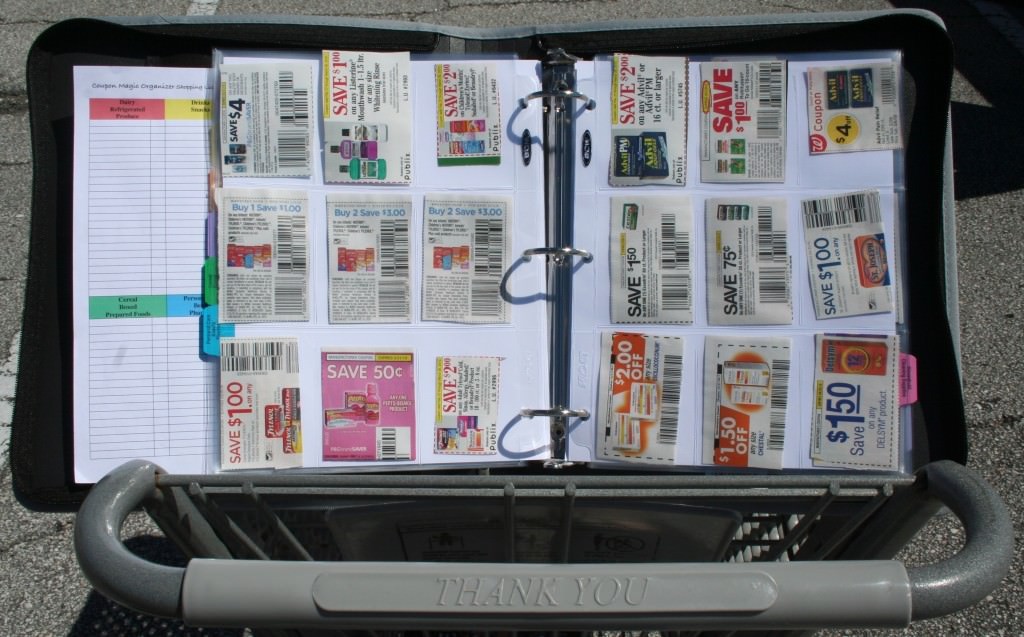
As my friend Erin says, “if you're organized, [couponing] doesn't really take much time”. If you attempt it haphazardly, you're likely to give up and deem it time-consuming. If your approach is concise, it shouldn't take long!
First:
- Organize your coupons in a way that works for you (turns out, there's tons of options). Erin and Alicia stick with the common plastic binder method, which sorts and divides coupons with tabs and pockets. Note: place coupons that expire soonest at the front.
- Sift through your coupon resources one by one (e.g. local newspaper, online, apps), then add relevant ones to your booklet.
Now, the rest is easy! The next time you grocery shop, open your coupon binder and see if any of the coupons match items on your shoping list. Note: the CartSmart app does this for you, though it's not all-inclusive in scoping coupons.
4. Beat the system: understand overage.
“Overage” happens when the worth of your coupon exceeds the cost of the product. That means you are either owed money in cash from the grocer, or get credit towards your current bill. Sweet! But how can this happen?!

There are many scenarios that create overage:
- Combining a manufacturer coupon and a store coupon together. Example: Yummy Bread has a manufacturer coupon for buns. Your local grocery also has its own coupon for Yummy Bread buns. Combine & voìla! Double the savings.
- Using a coupon on an item that has been reduced/on clearance. Example: You have a Yummy Bread manufacturer's coupon for buns, and then find a bag that's reduced by 50% for quick-sale, now only $1. Apply your $3 coupon to the reduced $1 buns and presto – you've got $2 in overage!
- Applying “Catalina” coupons on your bill. Example: Big chains like Walmart may offer “save _ dollars off your next purchase” – these are also known as “Catalina” coupons. Lets say you only owe $3 on your current bill. Apply a “$5 off” Catalina and you've now got a $2 overage. Nice!
- Price-matching an item that you're already using a coupon on. Example: Walmart is selling Oral B toothbrushes for 99 cents. You price-match at a neighbouring store and apply a coupon offer of “buy 3 toothbrushes, get $4 off”. Since they're only 99 cents each, if you buy 3 then you've got an overage of $1. Well done!
Common Hiccups
Some of the most common couponing issues you may encounter include:
- Some stores will not pay overage in cash. Instead, you may receive credit for future purchases.
- You may need to fill the overage gap with “fillers”. Because a store may not grant overage in cash or a shopping credit, you may need “fillers” – items that add up to the near/exact overage amount. For instance, you have a $1 overage from coupons, you may then need to grab an item that's $1 (e.g. gum) to fill the remaining overage. If you're really savvy, you'll have lots of overage and this will fund the rest of your regular grocery items like fruit and meat!
- Stores may not allow you to use two coupons simultaneously, such as a manufacturer's coupon and a store coupon.
- A store may also not carry the product you have a coupon for. If your trip is far or your item is essential or popular, you may want to phone ahead to see if it's in stock.
Final Tips to Couponing
- Don't just buy something because it has a coupon. Only buy what you need!
- It pays to check. A brand name with a coupon isn't always cheaper than discount brands, and buying it at a more expensive store that accepts your coupon could still be pricier than buying it somewhere else.
- See a free coupon magazine? Don't just grab one, grab several! Even if coupons are limited to one per transaction, you can use them again on another trip!
- If you have a high value coupon, hold out until that item is further discounted for maximum savings.
- If you're really keen for savings, write to manufacturers of products you love & you're likely to get some coupons of appreciation in return. Extreme couponers vouch that this works quite often.
- Know the terms & conditions of your coupon before going out so you are prepared to explain them on check-out if need be. Shoppers behind you will also be grateful if you know what you're doing and are prompt!
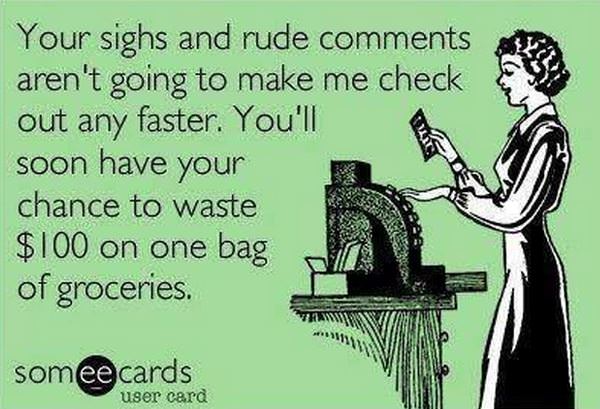
While extreme couponing is in some ways, well, extreme, even the smallest of efforts go a long way. Take it slow, and enjoy savour the cumulative savings for your next adventure!
Are you an avid couponer? What are your best couponing tips for someone starting out?
Thrifty Nomads has partnered with CardRatings for our coverage of credit card products. Thrifty Nomads and CardRatings may receive a commission from card issuers. Opinions expressed here are author's alone. Responses are not provided or commissioned by the bank advertiser. Responses have not been reviewed, approved or otherwise endorsed by the bank advertiser. It is not the bank advertiser's responsibility to ensure all posts and/or questions are answered.


